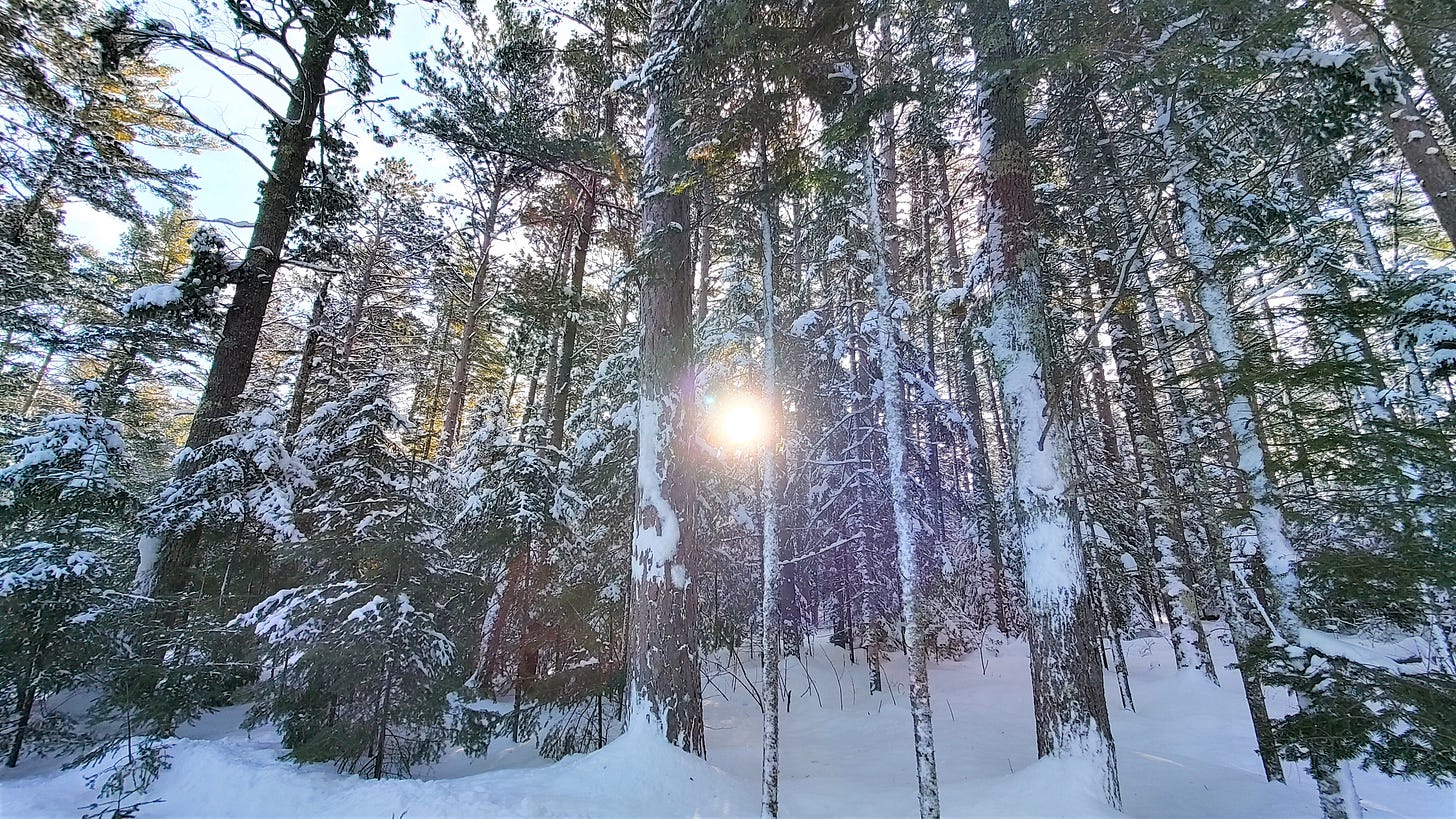Everything is Dharma
2023, March, Issue 35
Dharma is a word that gets thrown around a lot by Spiritual Practitioners from many different traditions. It can mean many things, often seemingly different things to different people. It can mean following a certain cosmic law, or behaving in a certain way. Buddhists will often refer to Dharma when discussing the teachings of the Buddha, which have spiritual, scientific, behavioral or philosophical components. It can mean something like the mind teaching us something.
Dharma really just means teaching. This is the simplest way to look at just what that word means. It’s very simple, and there is no reason to make it more complicated than that.
Whether we pay attention or not, well, that is another issue altogether. If you fall asleep in class, as most people do, then you will miss the teaching, you will neglect to notice Dharma. When I died, I became awareness, I became Dharma. It was beyond ordinary understanding. It was beyond concept or belief. It was mind merging with the Nature of Mind for all eternity. That is Ultimate Dharma, pure, beyond any sort of constraints, with no limitations whatsoever. It is our real condition; however, the illusion of life often keeps us sleeping.
Paying attention to our circumstances, remaining mindful and aware, leads to a condition where we begin to see the energetic interplay. We begin to see Dharma in everything. Certainly it is a very good thing to seek a teacher or a spiritual friend who can help us with our Spiritual Practice; however, it is simply being present that provides the teaching. Dharma appears when we simply pay attention. We begin to dispel ego. We begin to awaken.
As I have said previously on many occasions, awakening means that we open our heart and mind to what is, as it is. Awakening means that we no longer cloud our vision with belief, disturbing emotions, unreal fantasies, letting our imagination and emotions control our lives. Awakening means that we accept all appearances as profound teachings, so that we can experience what is ultimate, going beyond our own relative point of view.
If we are to awaken, then we cannot allow ourselves to live in a fantasy world. We must remain present in order to see Dharma, as it is. This does not mean that we then conceptualize and analyze, extrapolate, form new ideas and more complexity to our intellectual understanding. It means that we relax into that observation, without judgement, without this idea that we should apply labels of good and bad to everything, or simply ignore what we do not understand. It means that we start to enter the space of the All-good, where all phenomena simply is, as it is. We don’t try to change anything. We don’t narrate. We simply allow what is appearing to our mind remain as it is.
If, for example, we are in a dark forest, and we see the sun through the trees, we might think that the light is out there, all the while here we are living a complicated life in the forest, thinking about what might be hiding there, judging the trees in various ways, believing all sort of things. In reality, that light is in your mind. It’s not out there. You can relax knowing that you have the ability to remain at ease, that you can be present.
This, I suppose, is why Spiritual Practice is often unnecessarily complicated. We let our imagination take over. What we often do is create conceptual practices and beliefs that form the basis of a sort of fantasy, justifying that by telling ourselves that it will help us in some way.
In reality, if we wish to awaken, we must do so with an attitude that sees the illusory nature of everything that we think. Our Spiritual Practice must be implemented with a light touch, not too stringent, not too relaxed. If we are too uptight, then we close ourselves further. If we are too lackadaisical about it, then we soon forget to practice, remaining in our afflicted state. So, in this case, we see the teachings as both extremely precious and as illusory. We engage Dharma in order to let go.
If we learn in order to dig in further, as is often the case with belief in general, then we are simply closing our mind, which makes it much more difficult to awaken. When we become less flexible with our Spiritual Path, ego becomes a greater problem. If we accept Dharma fully, then we learn to let go of our rigid beliefs, when it is time to do so.
What I learned from death was that this brilliant light, our real condition, provides everything we need in order to awaken. We are all sleeping Buddhas, perfectly ready to realize that brilliant light of Dharmakaya. The illusion of our life happens when we think that we are separate from infinite possibilities; and, with that illusion comes great suffering.
Dharma is a teaching of mind; and, mind is like a reflection of our real condition, our True Nature. It’s not possible for something to not be Dharma. What we see from our relative condition is a perfect teaching. Everything wonderful and everything horrifying is simply a reflection of our real condition in light. We have no possibility of seeing this if we can’t pay attention to what is happening. To see Dharma, we must be mindful, we must be present. When we are able to do this in each and every moment of day and night, then we are close to awakening.
Everything is Dharma. Now that you know this key point, I have no doubt that you will awaken.
Blessings in Light,
Robert Aho

